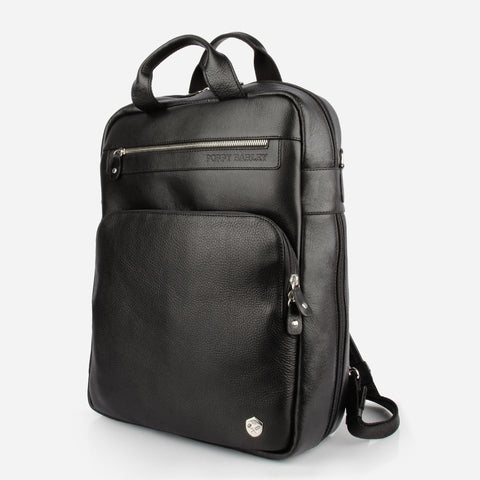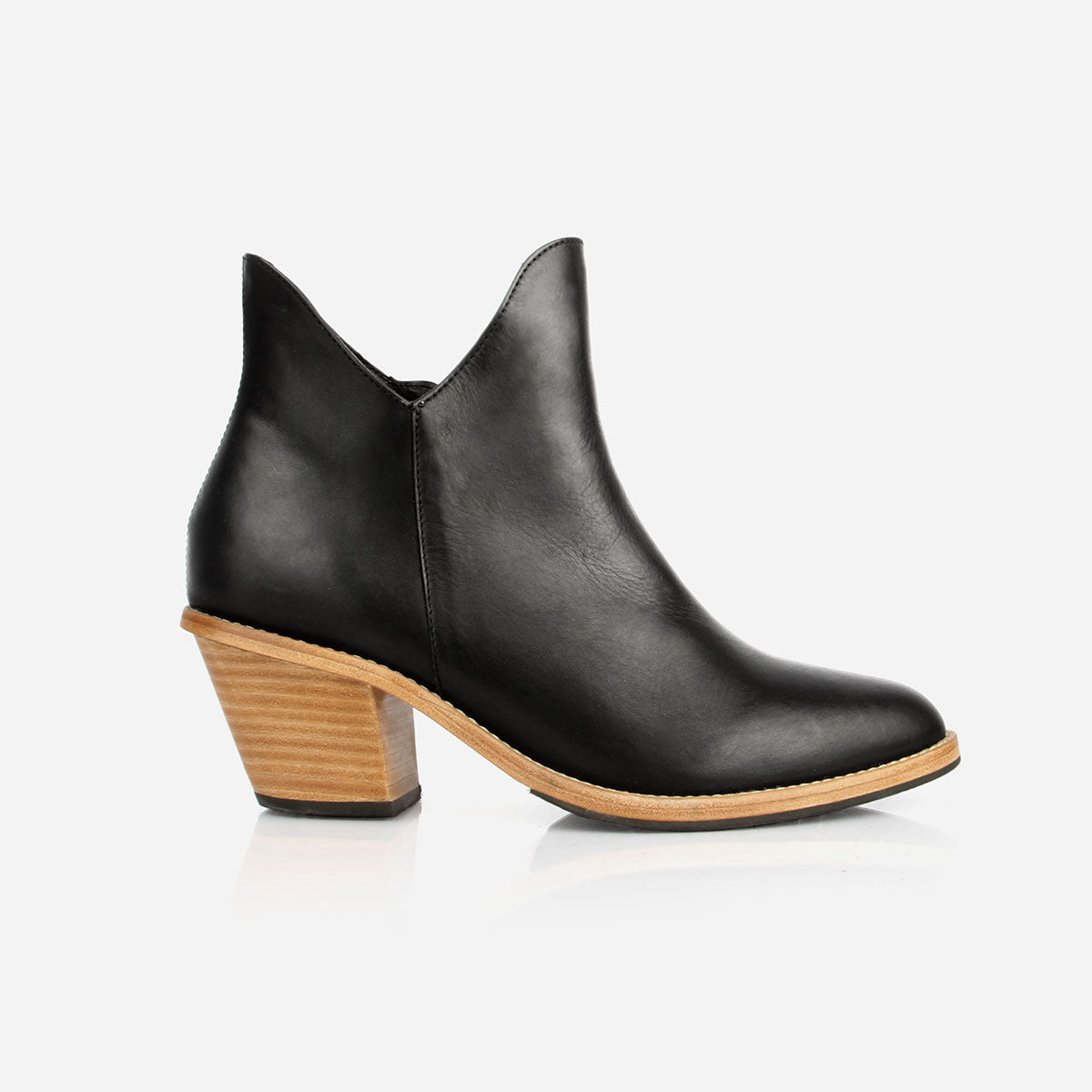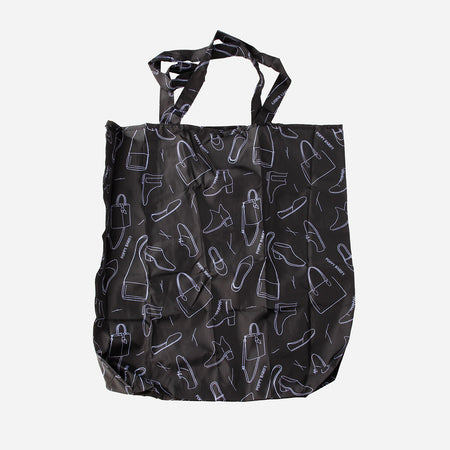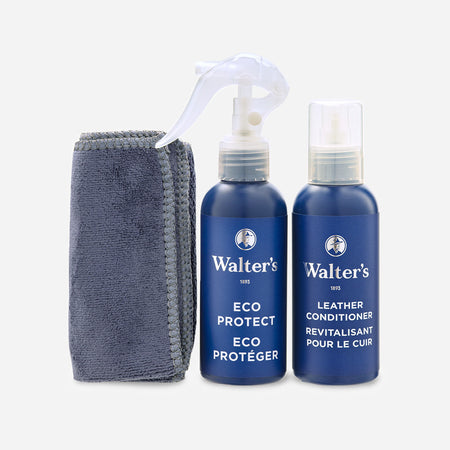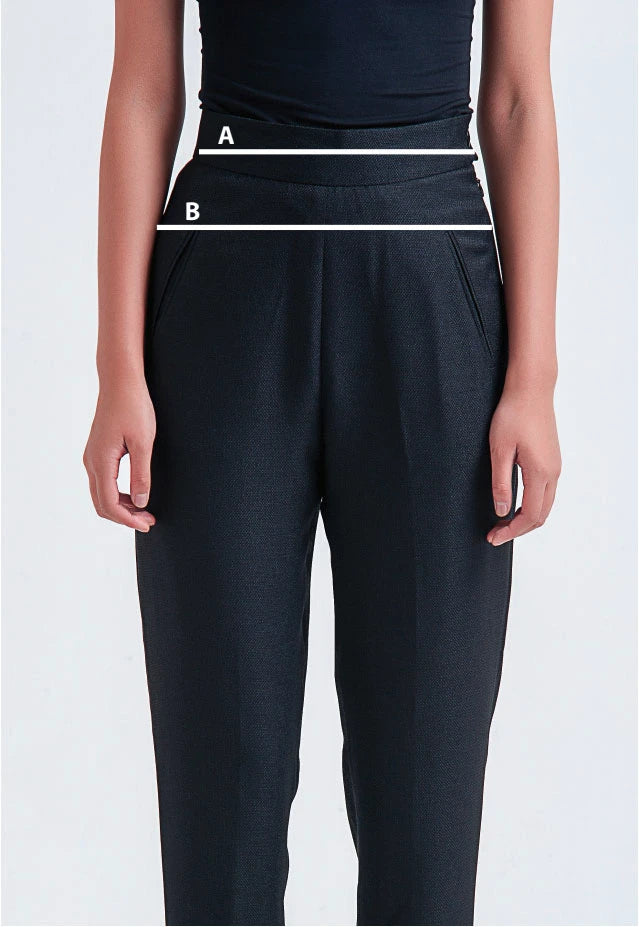If you’ve been hearing the phrase “B Corp Month” this March and you’re like B—what? Don’t worry, you're not alone. We’re sitting down with one of our co-founders, Justine Barber, who explains what a B Corp is, why they’re important and how Poppy Barley became one.
What is a B Corp?
B Corp is short for Benefit Corporation. Benefits Corporations are a new type of business legally required to balance purpose and profit. To become a certified B Corp, a company must first submit to an independent assessment of its social and environmental performance, accountability and transparency. If the company scores high enough, it must then incorporate its social or environmental mission into its governance articles in order to be certified. The certification process includes a questionnaire, interview and audit. Well-known B Corp companies you may have heard of are Patagonia, Warby Parker, Ben & Jerry’s, All Birds and Eileen Fisher.

Why is becoming a B Corp important?
For one, it’s a way to prevent greenwashing. A lot of words—like ethical or sustainable—are subjective to your values and don’t have a clear definition. As such, they can be manipulated by brands. As a consumer, you probably don’t have the time to deep dive into every company calling itself sustainable to figure out if it's legit. By having a non-for-profit create and oversee the assessment, the “B Corp” label has become for ethical businesses what the Canada Organic Label is for food. Consumers can trust the label because it is backed by consistently high standards and independent verification. Secondly, B Corps are new types of businesses designed to be part of the solution to solving the world’s problems—not the other way around. When I went to university, back in the early to mid-2000s, I was taught a business existed to maximize quarterly profit for its shareholders’ full stop. The environment, suppliers, employees and the community weren’t relevant AND considering them instead of profit maximization was considered a breach of your fiduciary duty to the business. Basically, most businesses had a single purpose—and that was to make money. B Corps, on the other hand, say businesses also need to consider the environment, their community, suppliers and employees in decision making—and balance their needs against the need to make a profit. This is a powerful shift that helps harness the power of business for good. Lastly, being B Corp certified is useful because it helps provide a roadmap to businesses like ours on how to become a more ethical and sustainable business. Disparate initiatives like switching to recycled packaging, donating 1% of sales back to our communities and increasing our professional development budgets all trace back, in part, to ideas from our B Corp application.
Secondly, B Corps are new types of businesses designed to be part of the solution to solving the world’s problems—not the other way around. When I went to university, back in the early to mid-2000s, I was taught a business existed to maximize quarterly profit for its shareholders’ full stop. The environment, suppliers, employees and the community weren’t relevant AND considering them instead of profit maximization was considered a breach of your fiduciary duty to the business. Basically, most businesses had a single purpose—and that was to make money. B Corps, on the other hand, say businesses also need to consider the environment, their community, suppliers and employees in decision making—and balance their needs against the need to make a profit. This is a powerful shift that helps harness the power of business for good. Lastly, being B Corp certified is useful because it helps provide a roadmap to businesses like ours on how to become a more ethical and sustainable business. Disparate initiatives like switching to recycled packaging, donating 1% of sales back to our communities and increasing our professional development budgets all trace back, in part, to ideas from our B Corp application. 
How did Poppy Barley become a B Corp?
We were inspired to start Poppy Barley because we believed we could start a business that also had a purpose—so this certification seemed inevitable. Yet, the truth is, it took us a couple of years to achieve the certification (only 30% of companies that apply are successful). From the beginning, Poppy Barley has focused on ethical manufacturing, ensuring every human from the factory to the retail floor makes a living wage. Becoming a B Corp has both pushed us to do more and given us ideas on how we can do better. This month—and every month—we are very proud to call Poppy Barley a Certified Benefit Corporation! For a directory of Benefit Corporations click here.Facts about going B:
- B Corps in Canada are 51% more likely to have a board of directors where the majority of the members are from underserved groups (women or individuals from chronically underemployed communities) in comparison to Ordinary Businesses in Canada.
- B Corps in Canada are 3.5 times more likely to have a supplier code of conduct.
- B Corps in Canada are 97% more likely to have a formal standing commitment to donate a significant portion of sales/profits/ownership to charitable causes in comparison to Ordinary Businesses in Canada.
- Employees from B Corps in Canada are 45% more likely to be highly satisfied with work in comparison to Ordinary Businesses in Canada.
- B Corps in Canada are 2.9 times more likely to have a formal process to reduce its generation of waste in comparison to Ordinary Businesses in Canada.
- B Corps in Canada are 1.5 times more likely to have 20+ hours/year of paid time off for volunteering in comparison to Ordinary Businesses in Canada.
- B Corps in Canada are 3.1 times more likely to have 1-120 days of paid maternity leave in comparison to Ordinary Businesses in Canada.
















